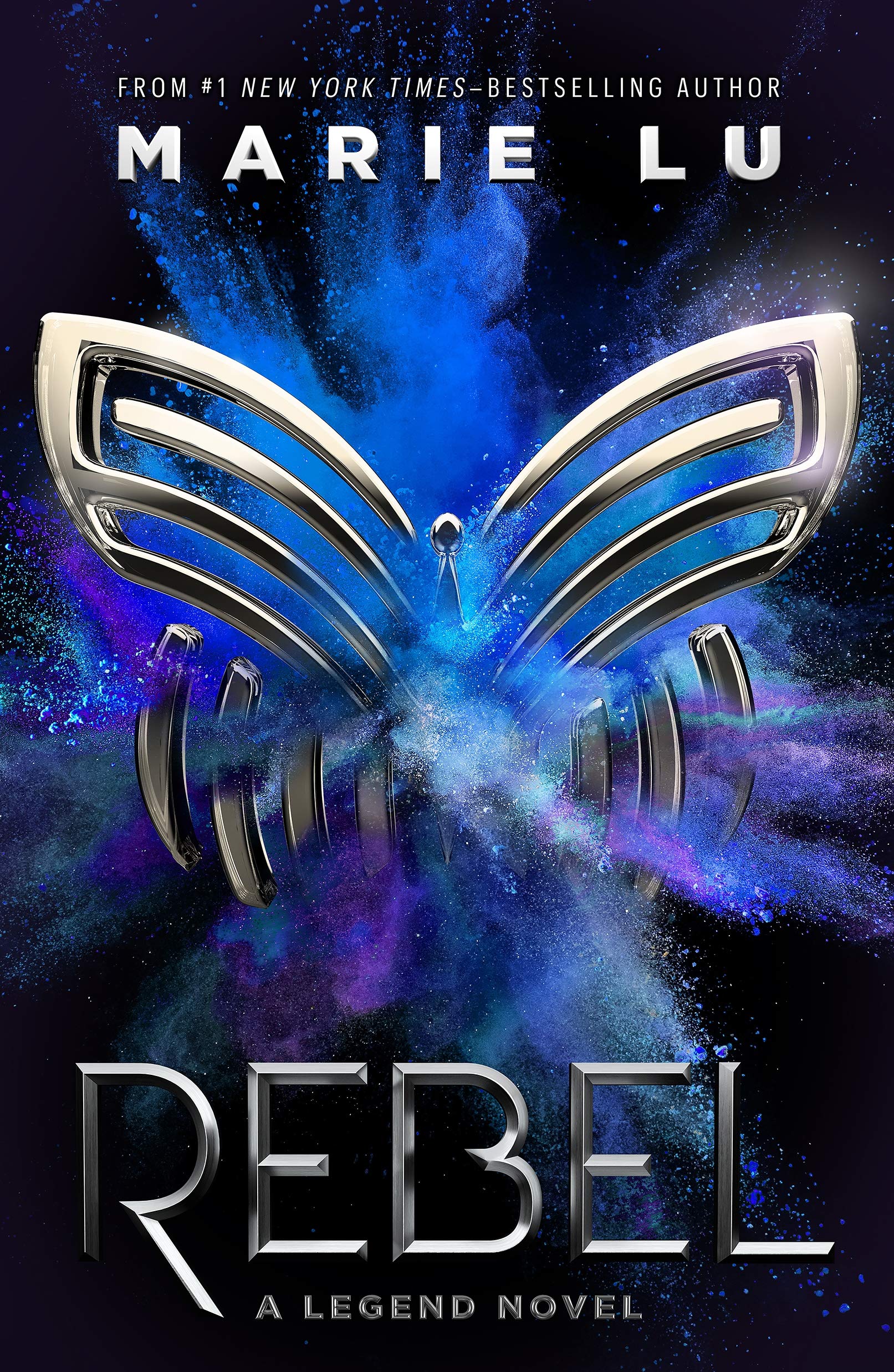A Review of Marie Lu’s Wildcard (G.P. Putnam’s Sons Books for Young Readers, 2018).
By Stephen Hong Sohn
Marie Lu returns with her follow-up to Warcross! In Wildcard (G.P. Putnam’s Sons Books for Young Readers, 2018), our hacker-cyberpunk-ish protagonist Emika Chen is back, trying to save the world from the dastardly effects of the Neurolink technology. As you might recall—here is your spoilers warning—at the end of Warcross, Emika’s love interest, none other than the CEO of Henta Games Hideo Tanaka, has initiated the newest Neurolink technology, which has effectively rendered every citizen connected to that interface subject to an internal monitoring system. Those individuals who committed crimes in the past are forced to confront feelings of guilt and responsibility, leading many to turn themselves in; others have purportedly committed suicide rather than suffer the consequences of their actions. But, there are some questions about the technology, especially as it cannot be established why it is certain people are resorting to suicide. Hideo and his corporate henchpeople are convinced that the suicides are the result of guilty feelings, but Emika and others are not necessarily assured and wonder about whether or not there are faults to the Neurolink technology. At the end of the day, the power that Hideo has through the Neurolink technology is the larger problem, as he can establish certain protocols that could force people to engage in actions that they would not initiate on their own. But, of course, there’s a larger reason for Hideo’s choice: he wants to find out who might have kidnapped his younger brother Sasuke many years earlier. He believes that the culprit may be unveiled through the Neurolink, but what Hideo doesn’t realize is that the folks behind Sasuke’s kidnapping have their own designs upon this virtual interface technology.
Indeed, as readers discover, Emika has been approached by someone named Zero, who is later unmasked as Sasuke himself. Sasuke is working with an assassin (named Jax) and a doctor (named Taylor) to stop Hideo; they attempt to recruit Emika so that they can disrupt the Neurolink. While Emika is already suspicious of Hideo’s communal interface apparatus, she doesn’t necessarily trust Sasuke, Jax or Taylor, so she’s stuck in between two competing entities. Fortunately, Emika does have some allies; most of her companions from her warcross playing team in the first book reappear (such as Roshan, Hammie, and Tremaine). Complicating matters further is the fact that Hideo doesn’t realize that Zero is Sasuke. In any case, the plot’s quite complicated, and it ONLY gets twistier from this point forward.
In fact, my biggest “beef” about the novel was the extent to which Lu goes all in with betrayals, reversals, and reveals throughout the plotting. At some point, I was suspecting that Emika herself might simply be a figment of my imagination, as one revelation piled on top of the next. My other critique was the primary romance plot. At some point, because I had already invested in Emika as a heroine, I just did not believe she would fall for someone like Hideo after all of his questionable actions. There didn’t seem to be enough redeemable things about this guy for someone as smart as Emika to fall for, so I found myself distracted by her pining of this guy, who (whether or not he meant for so many people to commit suicide) may have ended up killing people who were innocent (a fact that Emika herself admits). In any case, the challenge of the YA fiction is so much related to the issue of plotting momentum, which can override other elements such as character development/ arc and the texture/ complexity of the fictional world. There is so much put into the stakes of the primary antagonistic forces that pit Zero/ Sasuke against Hideo/ Neurolink that I found myself a little bit unmoored. But, of course, this opinion is really coming from one reader, and I will admit I finished the novel expeditiously.
Buy the Book Here:
Review Author: Stephen Hong Sohn
Review Editor: Leslie J. Fernandez
If you have any questions or want us to consider your book for review, please don’t hesitate to contact us via email!
Prof. Stephen Hong Sohn at ssohnucr@gmail.com
Leslie J. Fernandez, PhD Student in English, at lfern010@ucr.edu
